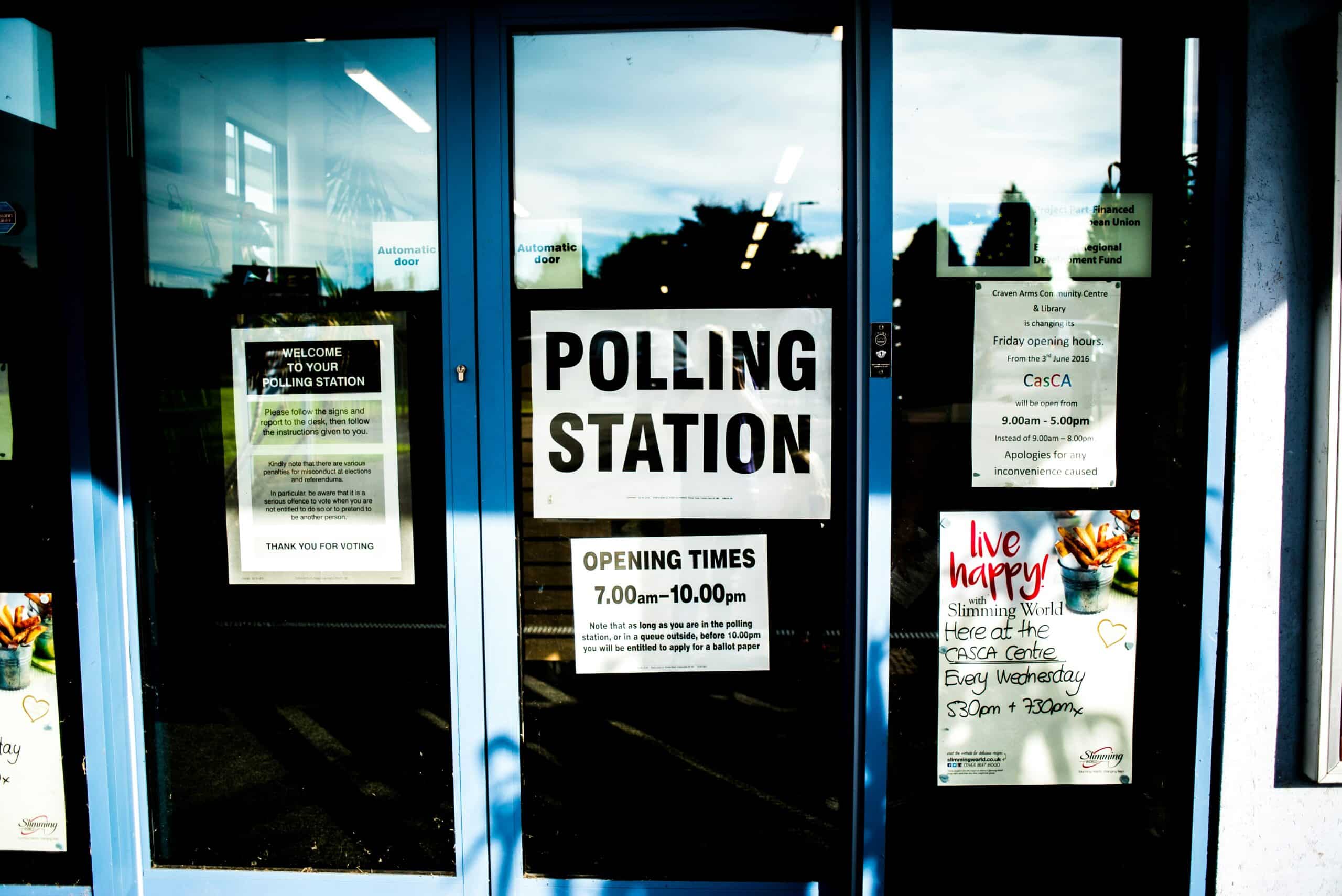Migration shapes economies, communities, and even elections. In the United States, where immigration is an important topic, it’s no surprise that migration influences not just policies, but also voter behavior. Here’s how migration ties into elections, and what it means for people on the move.
Migration and Elections Across the World
In 2024, half of the world’s population will have participated in elections, making it a record-breaking year. Migration is a hot topic in global political conversations, driven by wars in Europe and the Middle East, and political instability in Latin America. Countries like the United States, the United Kingdom, and India have seen many heated debates around immigration policies during their election seasons.
In the United States, immigration policy is tied to security and quality of life. The Department of Homeland Security plays a key role in shaping how policies affect safety and living standards. Leaders from both the Democrat and Republican parties have different approaches to immigration. Democrats tend to take a more immigration-friendly stance, while Republics tend to advocate for more strict policies, including building a border wall with Mexico.
Young Voters are Changing the Game
New voters, especially from Generation Z (born between 1997 and 2012), are becoming more powerful in elections. Many of these voters are voting for the first time, and their turnout is increasing. In the previous U.S. election, Gen Z participation rose by 289%.
Social media platforms like TikTok and X (formerly Twitter) have become key tools for Gen Z to spread their opinions. They are vocal about migration issues, with some strongly supporting immigration and others opposing it. These online platforms give voters a direct way to influence political conversations and decisions.
Millennials are also vocal about migration. Millennials overwhelmingly support pro-immigration policies. They see immigrants as important contributors to cultural and economic progress and have pushed for more inclusive policies, including paths to citizenship for undocumented immigrants.
Migration’s Role in the Economy
Migration doesn’t just influence elections, but also impacts the economy and businesses. The United States has the world’s largest economy, and immigrants make up almost 20% of the American labor force. Businesses closely watched the 2024 election to see how new policies might affect migration and the economy.
Younger generations, especially Gen Z, are drawing attention to migration issues. By 2025, they will make up 27% of the global workforce, with Millennials already holding about 35% of U.S. jobs. Companies and politicians are listening to these groups as they shape the future of politics and the economy.
What’s Ahead
While the 2024 U.S. election may be over, migration will remain a central issue in the next four years. From how it affects the economy to its role in shaping political views among voters, migration will continue to be a hot topic. For people planning moves, whether domestically or internationally, immigration policies and trends will have a lasting impact.
If you’re preparing for a move, staying informed about migration trends and policies is more important than ever. Whether moving within the U.S. or abroad, understanding these issues can help you make smarter choices.









